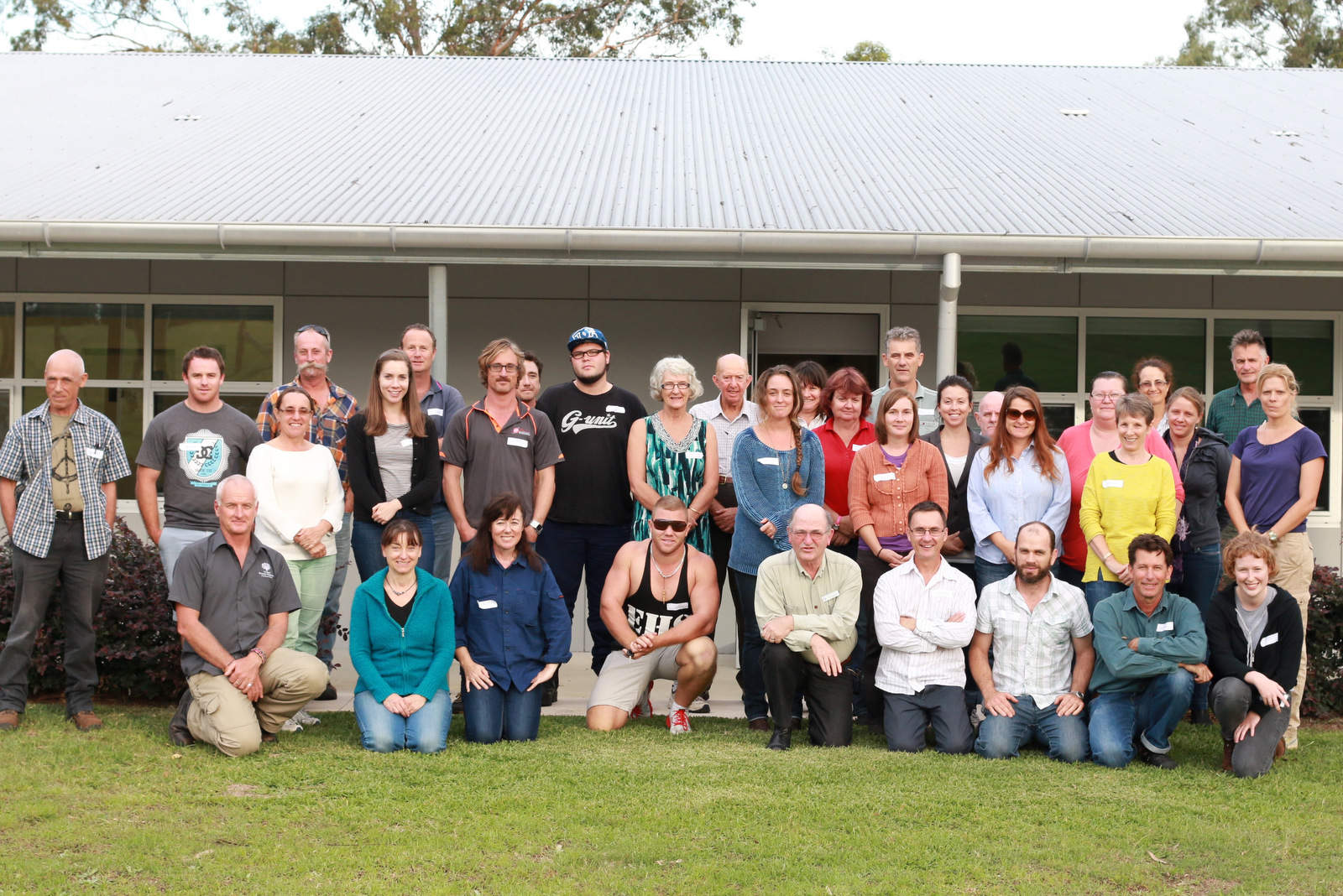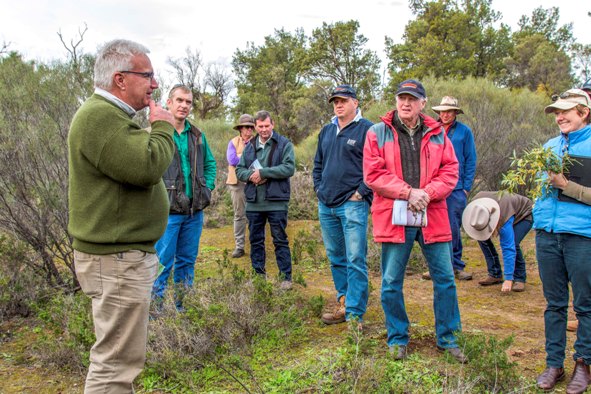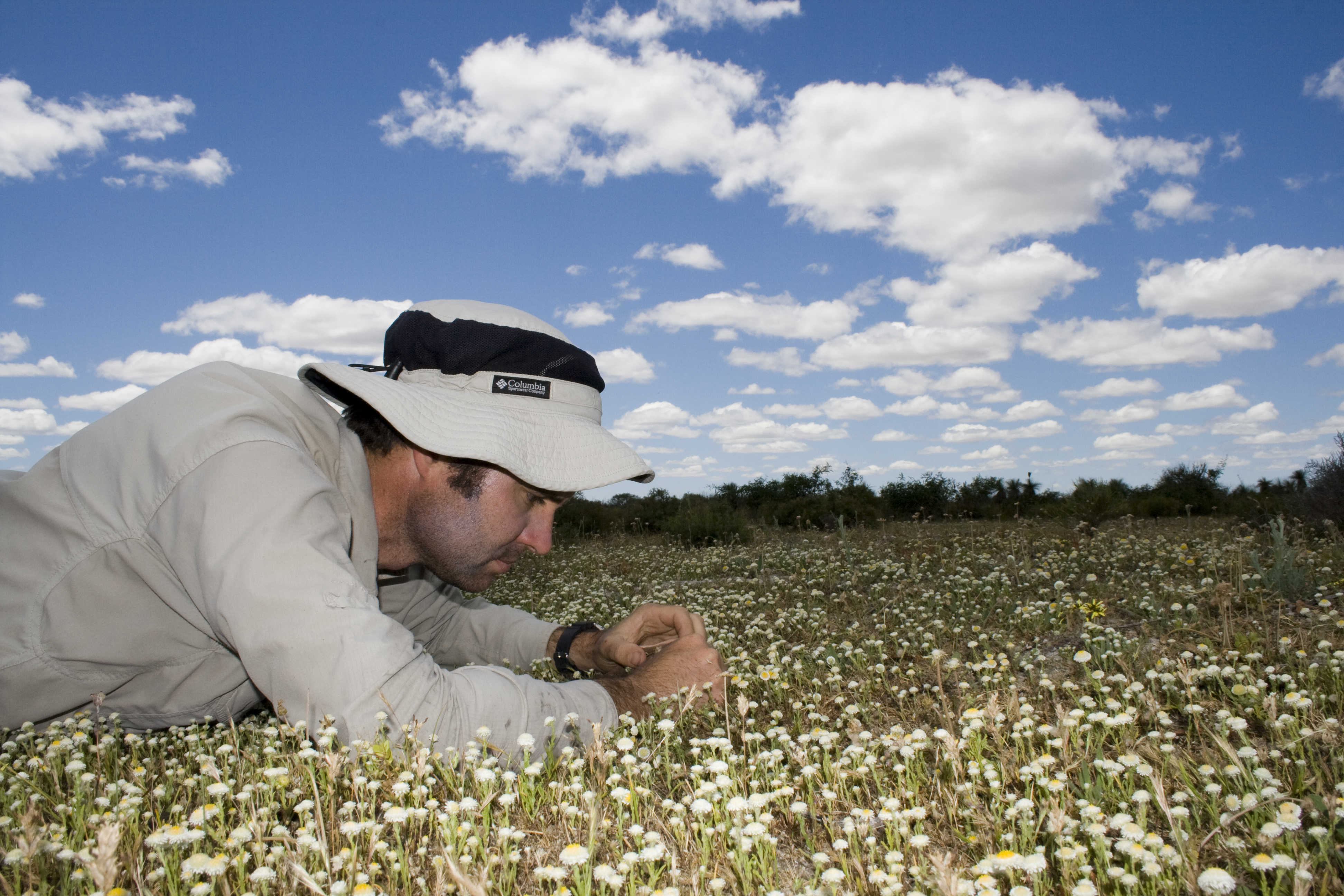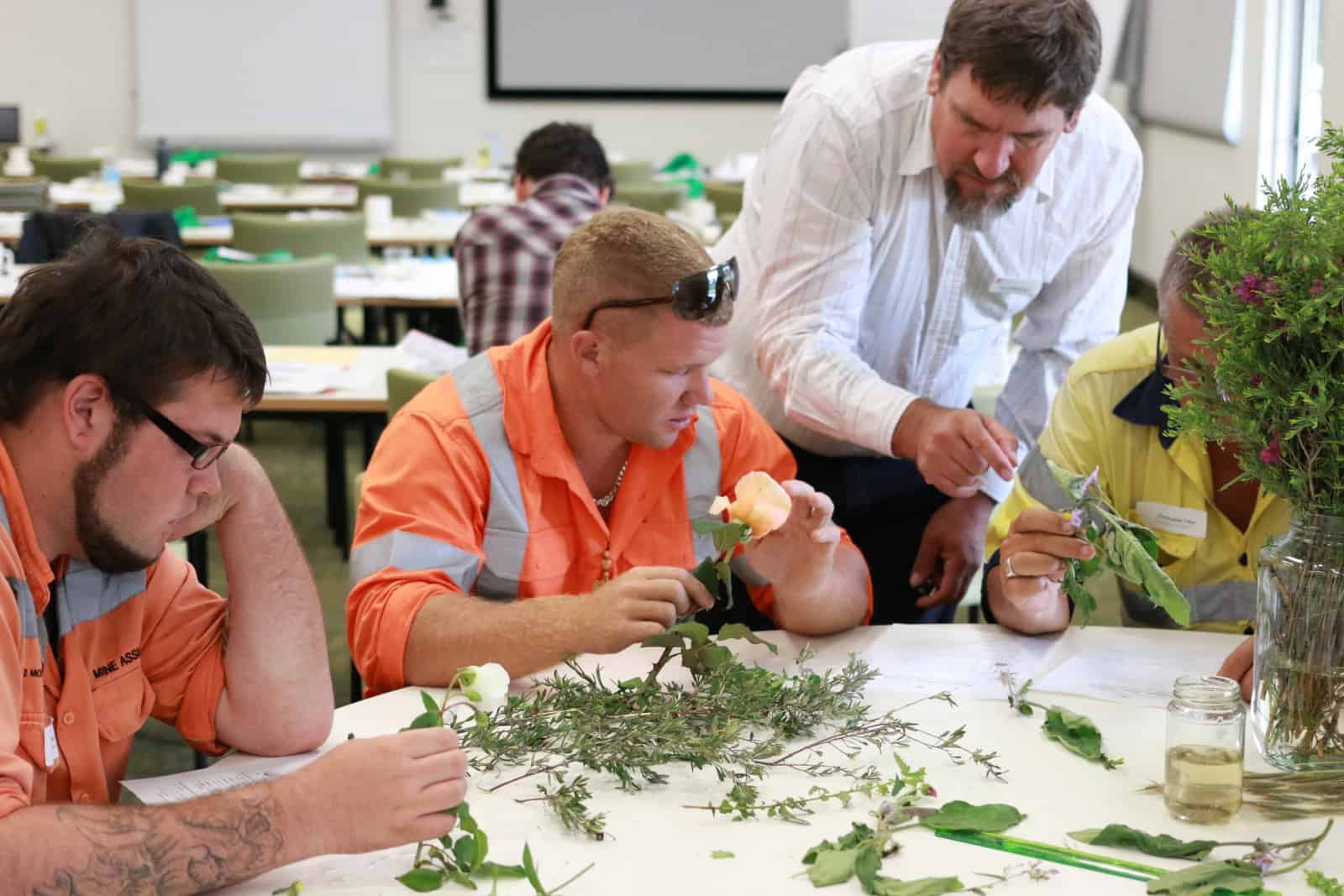Help the ANPC blossom!
Make a DonationOur native plants are under increasing threat due to invasive species and diseases, changing fire regimes, habitat clearing, grazing, climate change, droughts, floods and cyclones. 90% of the plant species found in Australia are found nowhere else in the world, and 1,402 of these are listed as threatened at the national level, with 220 critically endangered. A report published by the Threatened Species Hub in 2021 showed that populations had declined on average by 72% between 1995 and 2017. This all makes national coordination, collaboration, information sharing and publishing of guidelines all the more urgent to save our plants from extinction.
Your support will help us with our priority projects in 2025 including:
- Managing the Queensland Threatened Plant Network where we are working collaboratively with many partners towards the conservation, recovery and protection of all Queensland’s plant species, particularly those listed as threatened.
- Coordinating recovery actions (eg. germplasm collection, research, genetic analysis and dispersed custody in ex situ collections) for four Critically Endangered plants at risk of near-term extinction or serious decline due to Myrtle Rust: Native Guava (Rhodomyrtus psidioides), Angle-stemmed Myrtle (Gossia gonoclada), Scrub Turpentine (Rhodamnia rubescens) and Smooth Scrub Turpentine (Rhodamnia maideniana).
- Undertaking further surveys of threatened orchids and other plant species affected by the Black Summer fires.
- Collaborating on the 3 year Preventing the extinction of Victoria’s threatened flora project with Royal Botanic Gardens Victoria and other partners, including initial planning for 3 hybrid workshops on Victorian threatened flora conservation to be held in 2025-26.
- Planning the 15th Australasian Plant Conservation Conference (APCC15) to be held in northern QLD in 2026.
- Holding the online Myrtle Rust Management for Practitioners – open series every 3 months, for horticulturists and practitioners managing Myrtle Rust susceptible collections to collaborate, share ideas and workshop problems.
- Developing a five and ten-year strategic plan for the ANPC.
Please donate to the ANPC today and support our plant conservation networks, events and projects.
Your support will be very much appreciated.
Donations of $2 or more are tax deductible.
.
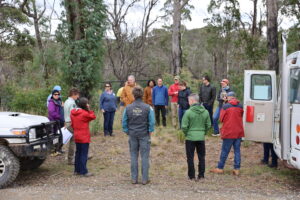
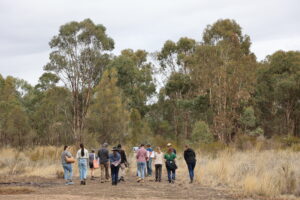
In a survey at our 13th Australasian Plant Conservation Conference (APCC13), 50 out of 61 participants listed information sharing as a high priority. Other feedback reinforced the need for our events. “Networking with other practitioners was very important to me. I made some good contacts to follow up on and got a better understanding of the depth of research going on and the effort being put in to save endangered species” (APCC13 attendee).
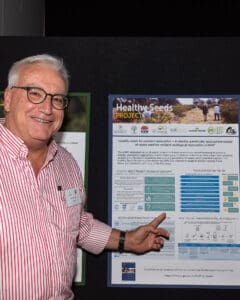
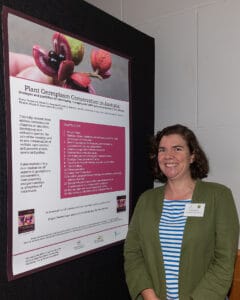
The ANPC is sustained via memberships, grants, fundraising and donations and relies heavily on volunteer contributions to keep running.
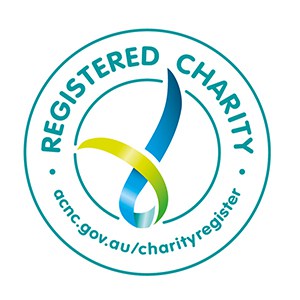
It’s easy to make a donation:
- complete the online donation form OR
- use the relevant box on the membership form if you are joining the ANPC or renewing your membership
Donations of money or property made as tax-deductible are placed in the ANPC Public Fund, and managed as prescribed under Australian Taxation Office rules and in our Constitution.
The ANPC is an incorporated Association in the ACT. We are on the Register of Environmental Organisations maintained by the Commonwealth Department of the Environment and Energy, and we are approved for Deductible Gift Recipient status by the Australian Taxation Office. We are also endorsed as a Charitable Institution for charity tax concessions by the Australian Charities and Not-for profits Commission.
Special donations i.e. non-monetary donations or large monetary donations are also welcome. We ask that such special donations be discussed with us beforehand, as they may need special management to ensure best benefits to you and to us.
Donate Today!

